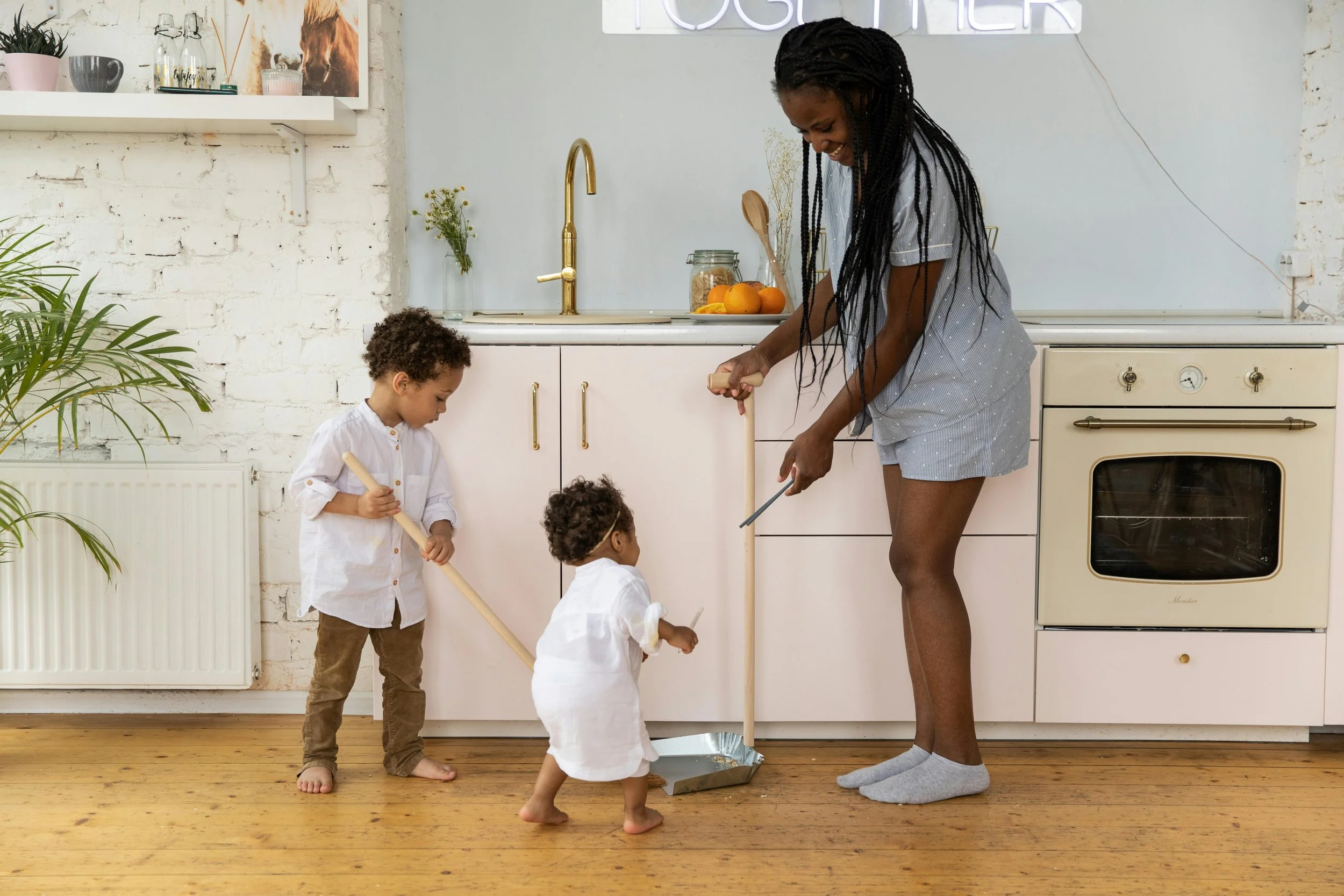Take Care of Something
Rhythms of Renewal: Create Rhythm - Take Care of Something: Be Responsible
At last, after several challenging chapters, something in my soul cries out in recognition and joy at the idea suggested in the title of a chapter - something that I already do and want for my kids as well! I grew up in a family that emphasized the concept of personal responsibility. We had weekly jobs: two of mine on a regular basis were scrubbing the walls of the shower and emptying the trash containers throughout the house. We helped with yardwork, sometimes mowing the grass or carrying firewood. When Mom got home with the groceries, we helped her carry them in and take them out of the bags to put away. We were expected to get a job once we were teenagers. We bought our own gasoline for our cars when we started driving. When we went off to college, the deal was that my parents paid half, and we each paid the other half. Any scholarships we earned went towards our half. These concepts were just a part of the way that my family functioned.
In this chapter, Rebekah Lyons mentions a statistic about the percentage of seniors in high school who worked for pay: Twenty-five years ago, it was at 76%, and now the number is at 55%. Personally, I think it’s important to learn how to work and also to experience the value and pride that come through earning your own money. Our oldest child (age 17) got his first job about six months ago, and it’s been powerful watching him plan out his week in relation to that time commitment as well as to see the joy that he totes home with him along with the leftovers he proudly brings to share with the rest of us after all the residents at the retirement home have been fed. It’s fun to hear the stories that he tells about the people who live there and to see him forming a relationship with them in his interactions with them.
This world that we live in feels topsy-turvy to me so often, and this is written from the perspective of a homeschool mom who doesn’t even have children in public schools. The quote that jumped out at me from this chapter was, “Teens are growing up in an environment of volatility, where schools have lockdowns, where there are wars across borders. We used to have high confidence in our environment - now we have an environment that anticipates catastrophe” (268). Obviously this sort of situation can lead to anxiety, and it’s no wonder that uncertainty breeds those types of reactions. What Lyons suggests is that a practical way to help young people move away from anxiety is to give them responsibility. It helps them to understand their importance in the world. Surely, we all need a sense of that. And without a doubt, our world will be a better place if each person works toward being more responsible for the direction the world is headed!
How can you encourage your children to shoulder responsibility and take on new tasks that give them significance and purpose in their lives? Living life from that perspective of “what we do matters” makes each choice that we make important and meaningful. Working together for the Kingdom of God will bring about great results, both in our individual lives as well as in a collective community.





